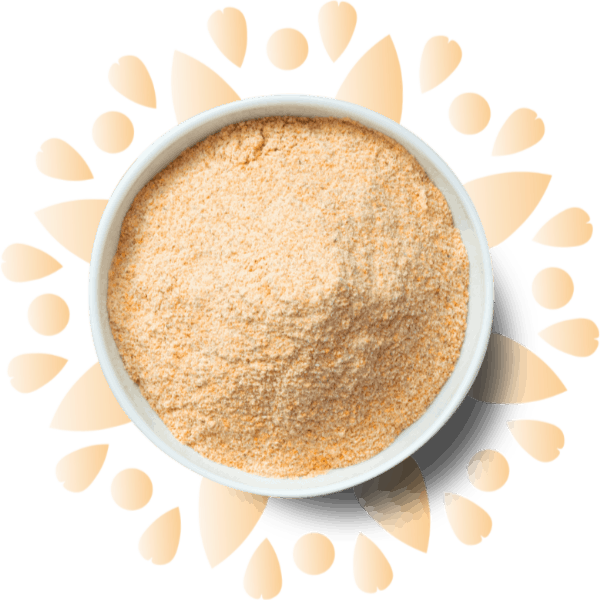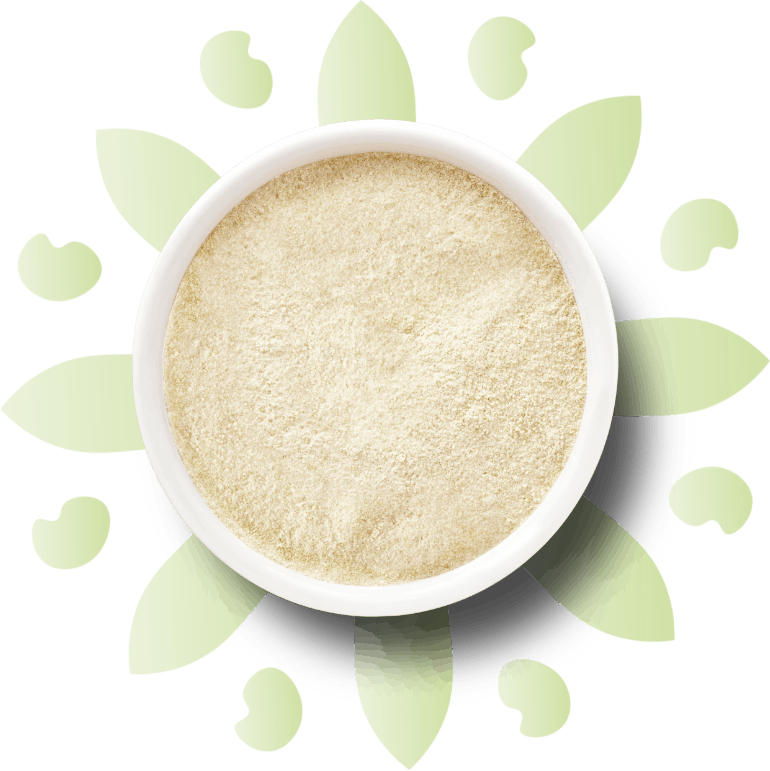
Plant-based diets have witnessed a remarkable increase in popularity, fueled by their positive impact on personal health and the environment. With a growing number of individuals embracing vegan and vegetarian lifestyles, this article delves into the health benefits of plant-based diets and how pulse proteins play a vital role in supporting these dietary choices.
The Fortune article emphasises that plant-based diets offer significant health advantages. A meta-analysis of research has demonstrated that individuals who follow vegan or vegetarian eating patterns have a reduced risk of chronic diseases, including heart disease, diabetes, and certain cancers. These diets are typically rich in fruits, vegetables, whole grains, legumes, and nuts, which provide an abundance of vitamins, minerals, antioxidants, and dietary fiber.
In addition to lowering the risk of heart disease, other benefits of a plant-based diet include a reduced risk of:
- Diabetes
- Dementia
- High blood pressure
- Obesity
- Certain types of cancers, such as colon, breast, and prostate cancer
- Depression
- Frailty in older adults
Pulse proteins, derived from legumes such as beans, lentils, chickpeas, and peas, have emerged as a cornerstone of plant-based diets. These proteins offer a multitude of health benefits. First and foremost, they are an excellent source of plant-based protein, providing the essential amino acids necessary for various bodily functions. By incorporating pulse protein-based products, individuals can ensure an adequate protein intake while avoiding the potential health risks associated with excessive consumption of animal-based proteins.
Furthermore, pulse proteins are low in saturated fat and cholesterol-free, making them heart-healthy choices. They possess a favourable nutrient profile, being rich in dietary fiber, which helps regulate blood sugar levels, maintain digestive health, and promote satiety. The consumption of plant proteins has also been associated with reduced blood pressure and improved cardiovascular health.
The versatility of pulse proteins enables their incorporation into various plant-based products, including plant-based meats, dairy alternatives, and baked goods. These protein-rich alternatives not only provide a sustainable option for individuals seeking to reduce their reliance on animal products but also offer the health benefits associated with a plant-based diet.
The health benefits of plant-based diets, including reduced risks of chronic diseases and improved overall well-being, have gained significant recognition. They offer a wide range of health advantages, such as being an excellent source of plant-based protein, low in saturated fat, cholesterol-free, and rich in dietary fiber. The versatility of pulse proteins allows for their incorporation into a variety of plant-based products, providing individuals with delicious and nutritious alternatives. As the food and beverage industry embraces pulse proteins, it not only supports the growing demand for plant-based options but also contributes to the health and well-being of consumers worldwide.






